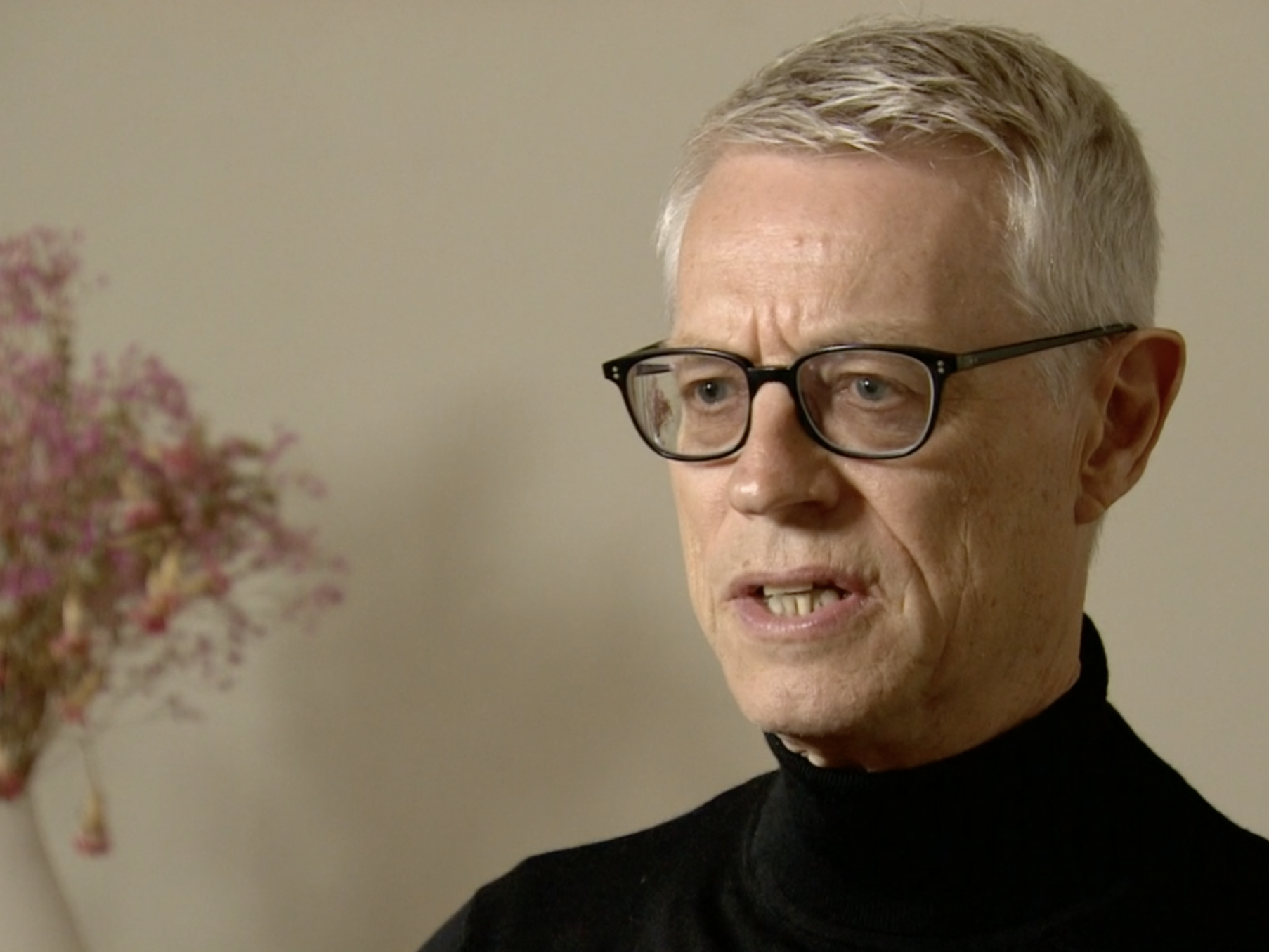Government delayed lockdown over fears of ‘behavioural fatigue’ – but their own scientists don’t agree it exists
Expert says claim people would grow weary of lockdown rules ‘doesn’t exist’ in behavioural science

Your support helps us to tell the story
From reproductive rights to climate change to Big Tech, The Independent is on the ground when the story is developing. Whether it's investigating the financials of Elon Musk's pro-Trump PAC or producing our latest documentary, 'The A Word', which shines a light on the American women fighting for reproductive rights, we know how important it is to parse out the facts from the messaging.
At such a critical moment in US history, we need reporters on the ground. Your donation allows us to keep sending journalists to speak to both sides of the story.
The Independent is trusted by Americans across the entire political spectrum. And unlike many other quality news outlets, we choose not to lock Americans out of our reporting and analysis with paywalls. We believe quality journalism should be available to everyone, paid for by those who can afford it.
Your support makes all the difference.Claims that the coronavirus lockdown should be introduced as late as possible to ensure people would not grow fatigued with the restrictions on their daily lives were not backed up by the government’s behavioural scientists, a member of the expert group has said.
In press conferences running up to the day Prime Minister Boris Johnson announced the nation would have to stay in their homes, government officials repeatedly said ‘behavioural fatigue’ was one of the reasons it made sense to put off bringing in restrictions.
However, the idea that people would grow weary of the measures prior to the peak of the virus had no backing from the scientists the government put together to advise on behavioural matters — the Scientific Pandemic Group on Behaviours (SPI-B).
It comes amid suggestions locking down just a week earlier could have saved something in the region of 20,000 lives.
Professor Robert West, a member of SPI-B, told the BBC’s Newsnight programme: “This term behavioural fatigue seemed to have somehow emerged at a fairly early stage in the process. It certainly didn’t come from SPI-B, and it’s not a behavioural science term — if you look in the literature you won’t find it because it doesn’t exist.
“There’s speculation about where it came from, but it was a potentially problematic term because it grossly oversimplifies what is quite a nuanced situation.”
Among those to have furthered the idea of behavioural fatigue was the government’s chief medical officer Chris Whitty — who told a press conference on 12 March “an important part of the science on this is actually the behavioural science, and what that shows is probably common sense to everybody in this audience, which is that people start off with the best of intentions, but enthusiasm at a certain point starts to flag”.
Professor West added: “There’s no science behind the idea of behavioural fatigue. There are some parallel situations for example in emergencies where after a period of time people kind of get used to being in an emergency situation, but that’s a completely different thing.
“As a behavioural scientist we’re quite used to people who aren’t behavioural scientists coming with ideas that seem perfectly common-sensical to them, and speaking in very loose terms about things that there is a scientific basis for.
“So I couldn’t blame someone like Chris for bringing up this notion of behavioural fatigue but I think at a very early stage the government should have said ‘actually that’s not a thing’ and that it was actually a phrase that was brought out of thin air.”
Join our commenting forum
Join thought-provoking conversations, follow other Independent readers and see their replies
Comments